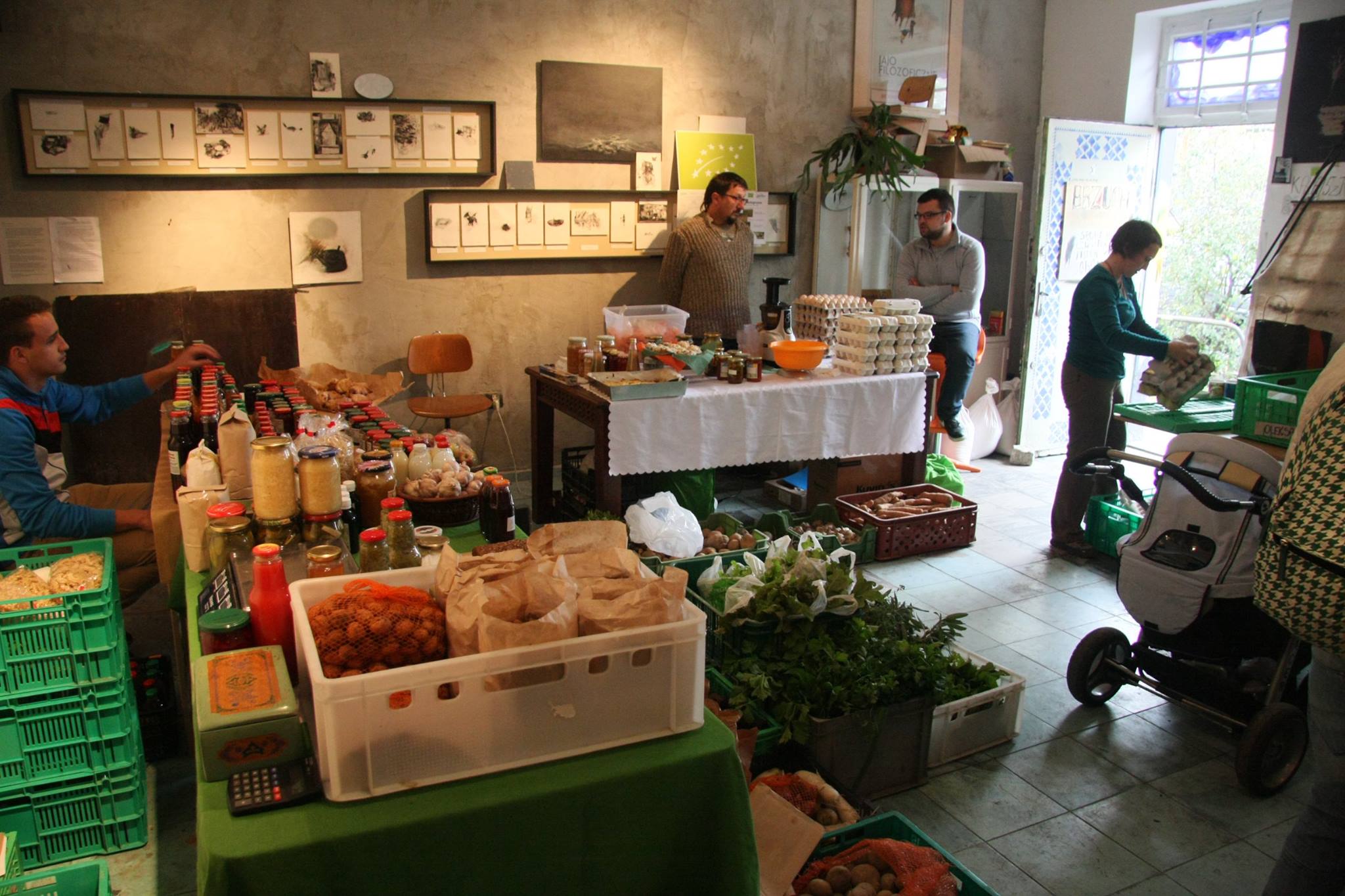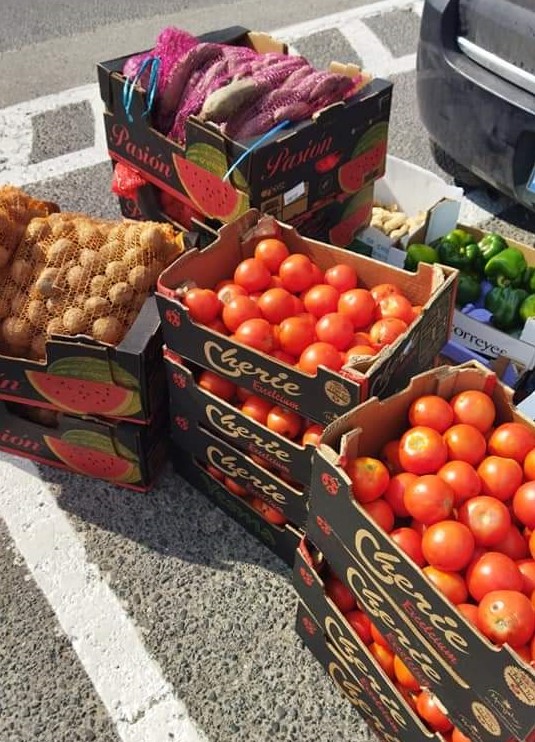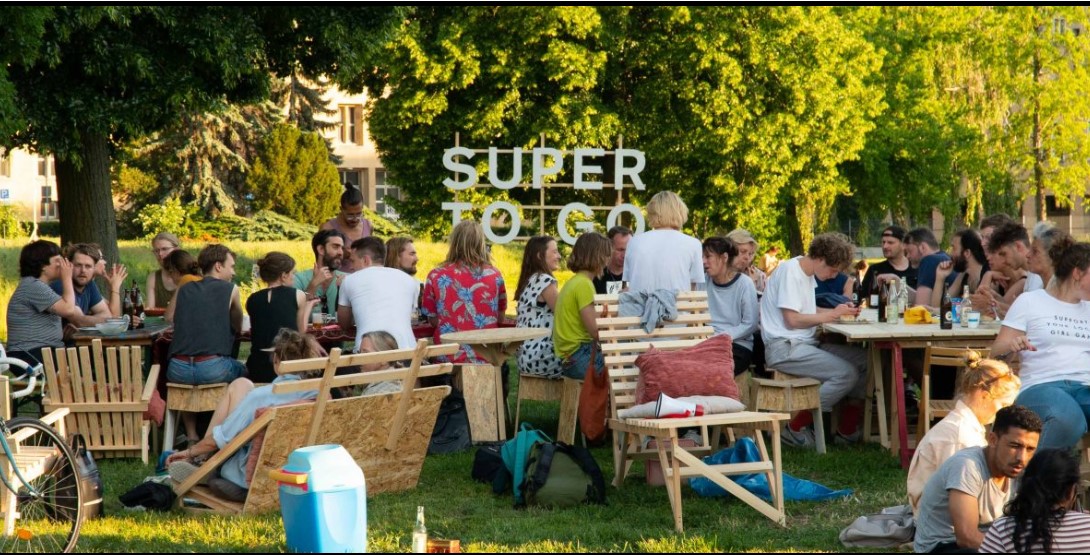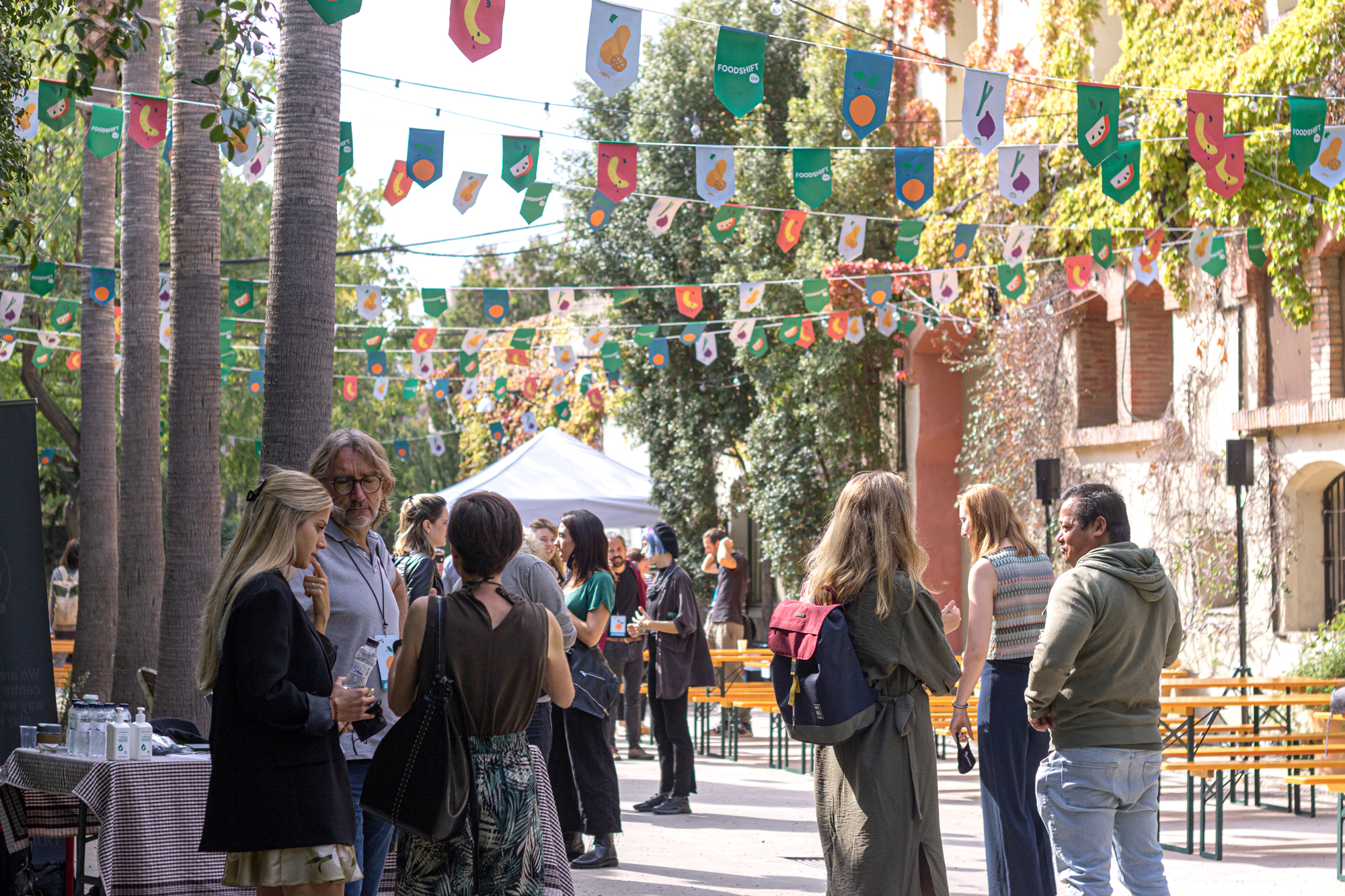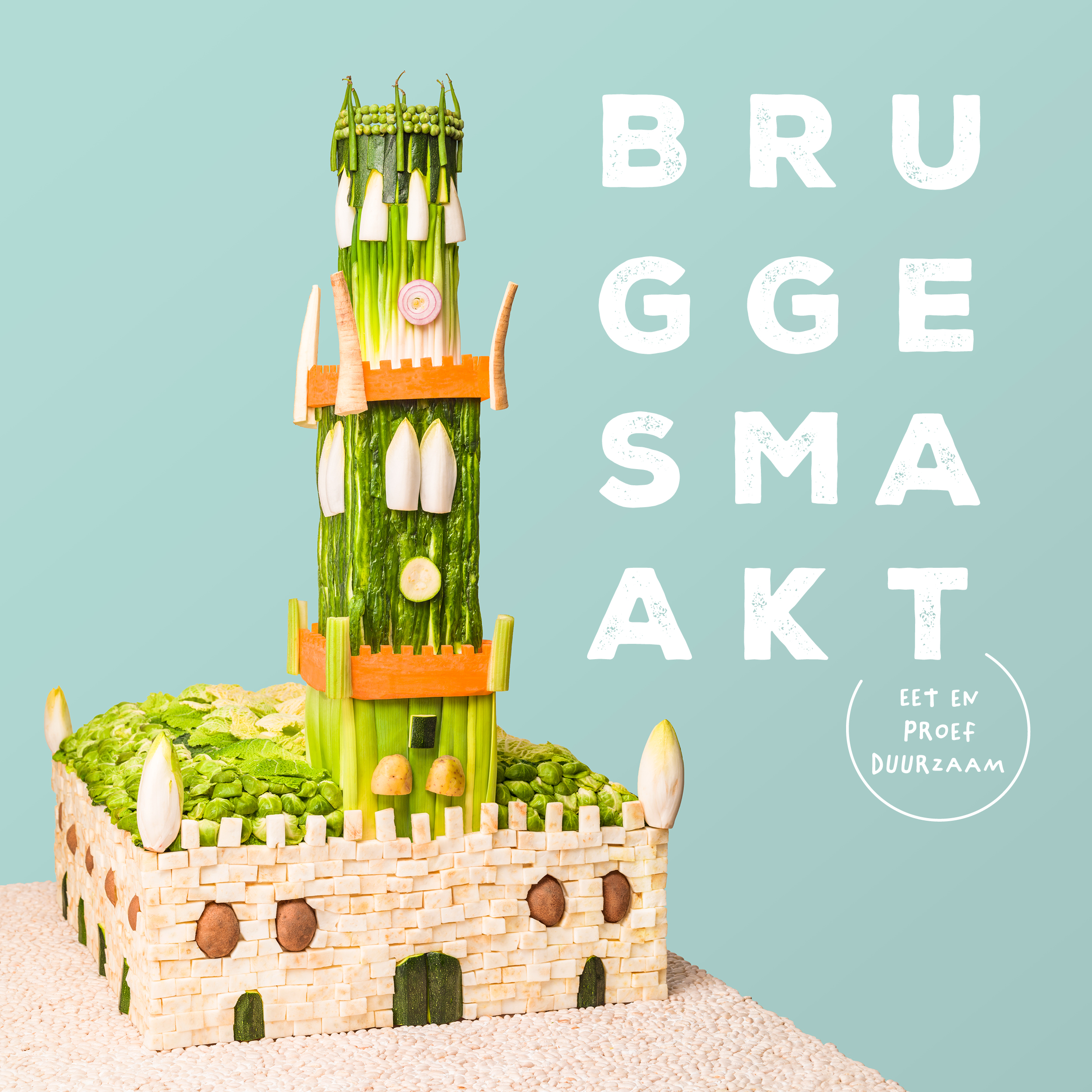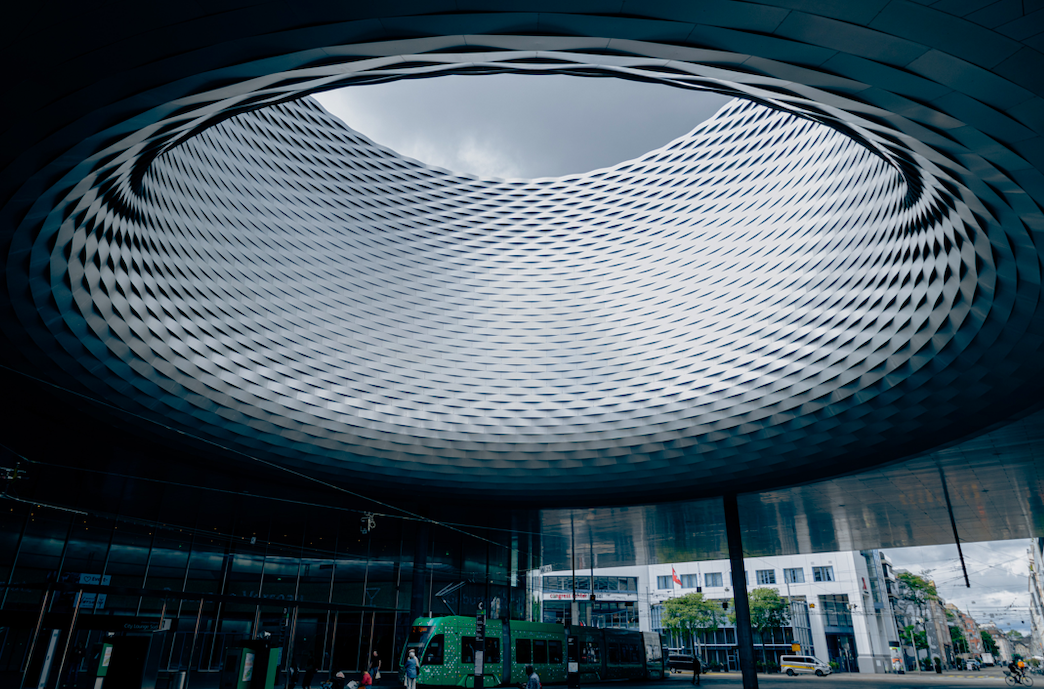WO KOMMT DEIN ESSEN HER?
22 August 2022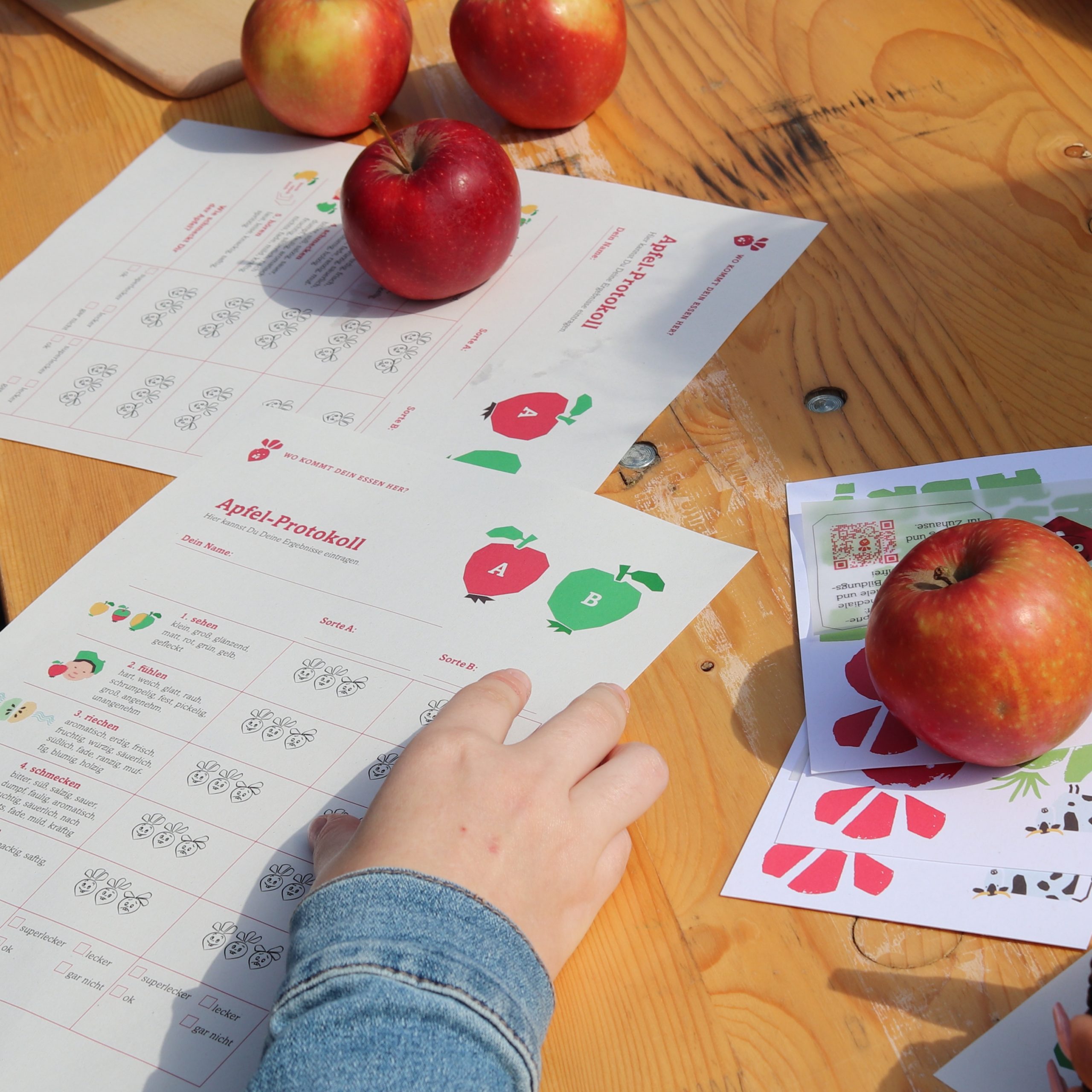
WO KOMMT DEIN ESSEN HER?
Berlin, Germany
WO KOMMT DEIN ESSEN HER? aims to increase the share of regional organic food in communal catering and to raise the same issue in
schools. Communal catering is a great lever towards a sustainable food system, and children, the civil society of tomorrow, need to be educated about the subject to be able to have a say in the issues surrounding it. The project follows a systemic approach towards public procurement and supports building food literacy among pupils and teachers. The project of the Association of German School and Kitacaterer e.V. (VDSKC) is funded by the Berlin Senate Department for Justice, Consumer Protection and Anti-Discrimination and the Berlin Senate Department for Environment, Transport and Climate Protection.
LOOKING AHEAD:
In the long term, WKDEH supports the transition towards more regional organic food in public school cafeterias. The initiative is working to have its label, a red beet, become a permanent part of the canteen menus and a familiar logo for all children, caterers, teachers, and parents (maturing).
 More Information:
More Information:
Website: www.wo-kommt-dein-essen-her.de
Contact Person: Karin Ehrle-Horst
Email: [email protected]
Info about the Innovators and the Innovation portraits Catalogue
FoodSHIFT 2030 aims to launch an ambitious citizen-driven transition of the European food system towards a low carbon circular future, including a shift to less meat and more plant based diets. This transition is necessary in order to address the pressing challenges for food and nutrition security, contribute to the EU commitment of reducing GHG emissions by at least 40% by 2030, and revitalize urban-rural linkages and partnerships.
To do so, it establishes FoodSHIFT Accelerator Labs for maturing, combining, upscaling and multiplying existing food system innovations across nine front-runner city-regions. In turn these innovations contribute to the FoodSHIFT vision.
An Innovation Catalogue called “Innovation Portraits” was created to snapshot each of the Food Innovations connected with each of the FoodSHIFT Accelerator Labs (FALs) across the 9 city regions.
Info about the Innovation Portraits Catalogue
The Innovation Catalogue will snapshot each of the Food Innovations connected with each of the FoodSHIFT Accelerator Labs (FALs) across the 9 city regions. Each FAL has a dedicated innovation focus and each chapter will present innovation cases from a particular FAL. For each of the innovations presented, a snapshot of the innovation concept and purpose will be given, alongside the key impacts the innovation has in relation to the FoodSHIFT Impact Pathways and the acceleration ambitions of the innovation.
In addition, each innovation portrait is also categorized according to its Innovation Dimension. These dimensions indicate what kind of innovation is being presented, and where in the value chain it plays a role. This is indicated by these tabs. The dimensions are defined as follows:
Product – Innovations in this category address new or updated products, including quality, safety and market impact.
Process – These innovations are relevant to new technologies for processing, logistical improvements, infrastructure and new/improved services.
Social – Innovations in this category are relevant to changes in behaviour (e.g. consumers/citizens), development of new relationships and inclusiveness.
Governance – The innovations address policy developments, including food planning, subsidies, taxing, certificates & labelling.
Learn more about all the Innovation portraits: https://foodshift2030.eu/meet-the-people-changing-your-food-system/
